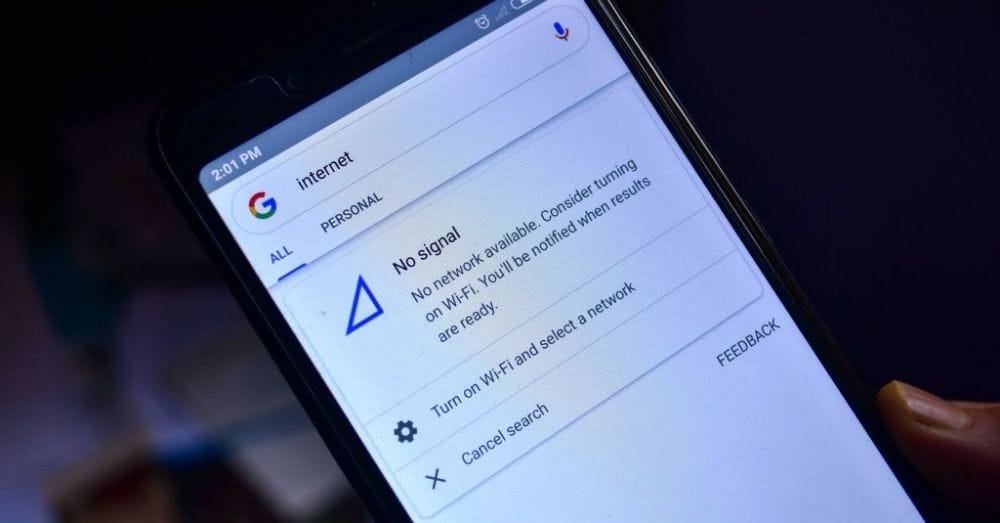Africa's internet blackout costs increase fivefold to $1.74 billion
The region, putting 84.8 million users offline for 30,785 hours, racked up $1.74 billion in economic losses

Despite increased discourse on the implications of depriving people of access to the internet, the dubious practice is yet to go away.
79,238 hours of internet blackouts affecting 747 million people across 25 countries cost the global economy $9.01 billion in 2023, reveals the newest report from Top10VPN, a London-based independent virtual private network (VPN) research firm providing analysis to help protect internet privacy and security.
Top 10VPN calculates the total economic impact of major, orchestrated internet outages using the COST tool, a data-driven online platform developed by internet monitoring NGO Netblocks based on indicators from the World Bank, ITU, Eurostat, and US Census.
Worldwide, the costs are down 67 percent compared to the previous year’s $24.61 billion. However, the reverse is the case zooming in on Sub-Saharan Africa. Continuing the worrying patterns we have noticed in recent times, various forms of internet shutdowns were imposed across several countries in the region last year.
While Europe was the biggest-losing region, bleeding $4.02 billion, Sub-Saharan Africa came second, losing $1.74 billion to 30,785 hours of disruption and knocking 84.8 million users offline. $1.74 billion is a little over five times the $295 million losses the region incurred in 2022, moving it two places up the global index.
Ethiopia, Africa's second most populous nation, retained its place as the continent's internet shutdown capital. The East African nation hemorrhaged a hefty $1.59 billion, up from $179.9 million in 2022. Algeria and Senegal came in second and third place, losing $101.9 million and $57.5 million, respectively.
Last year, the Ahmed Abiy-led government flipped the kill switch on local internet users at least three times. From February to July, access to mobile internet services across the Amhara region in northern Ethiopia was restricted in response to rising tensions with local militia.
Electoral protests, conflict, exams, information control and military coups were the common reasons for Sub-Saharan Africa’s internet censorship.

Case in point, MTN Sudan briefly shuttered its customers’ access to the web in April, complying with a government directive meant to quell an armed military conflict in Khartoum.
In June, Algerian authorities intermittently disrupted internet connectivity as part of efforts to curb malpractice during the sitting hours of weeklong baccalaureate tests. A month later, Senegal suspended internet services to control the spread of hateful information that followed the arrest and charging of Ousmane Sonko, a political opposition leader.
There was an internet cut on Gabon’s presidential and legislative election day in August on multiple network providers after military officers took over power to end the leadership of the incumbent president. Per Top10VPN, the country lost $5.4 million to 87 hours of disruption.
Guinea, Mauritania, Kenya, Tanzania, Chad, and Zimbabwe had their fair share of incidents and losses, potentially raising even more concerns about African governments’ tendency to take people offline at many costs, including putting businesses in the dark and violating human digital rights.







Comments ()